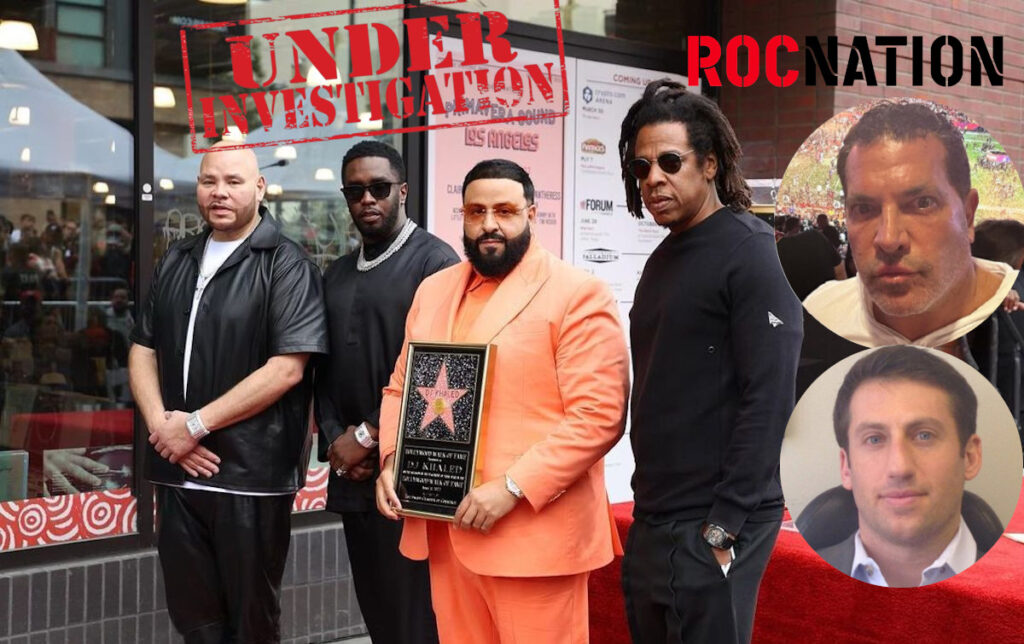Harvey Weinstein has been convicted of sexual assault in a New York retrial, marking a continuation of legal battles for the once-disgraced film mogul. Following five days of deliberation, a jury made up of seven women and five men returned with a guilty verdict, convicting Weinstein on one count of assault against former television production assistant Miriam Haley, while acquitting him on a charge related to model Kaja Sokola. A verdict remains pending on another charge related to actress Jessica Mann, with jury deliberations expected to resume.
This trial comes after an appeals court overturned Weinstein's previous conviction in New York last year, determining that previous jurors had been influenced by testimony regarding allegations beyond the relevant charges. In September, Weinstein was indicted on new charges, leading to this retrial.
Weinstein's defense insisted that his sexual encounters were consensual, describing a “friends with benefits” relationship. However, the testimonies of the three women involved—including Miss Haley, Ms. Mann, and Ms. Sokola—painted a starkly contrasting picture of sexual coercion rooted in Weinstein's powerful position within the industry.
The case has drawn renewed attention to the #MeToo movement, emphasizing conversations about sexual assault and abuse within the entertainment sector. While Weinstein's legal troubles continue—he is already serving time following a conviction in California—this verdict reinforces a growing societal stance against abuse by powerful individuals. With over 100 women accusing him of various sexual misconducts, Weinstein’s narrative reflects a larger systemic issue requiring ongoing scrutiny.
In recent developments, tensions surfaced within the jury during deliberations, with disputes about preconceived beliefs impacting decision-making. The trial saw Weinstein’s frail health come under public scrutiny, as he remained in a wheelchair and was hospitalized during the proceedings. Despite the ongoing legal battles and accusations, Weinstein’s narrative serves as a stark reminder of the lingering consequences of unchecked power and systemic abuse within the realm of film and entertainment.
As this case evolves, further updates will shed light on the judicial proceedings and any implications resulting from the continuing trial.
This trial comes after an appeals court overturned Weinstein's previous conviction in New York last year, determining that previous jurors had been influenced by testimony regarding allegations beyond the relevant charges. In September, Weinstein was indicted on new charges, leading to this retrial.
Weinstein's defense insisted that his sexual encounters were consensual, describing a “friends with benefits” relationship. However, the testimonies of the three women involved—including Miss Haley, Ms. Mann, and Ms. Sokola—painted a starkly contrasting picture of sexual coercion rooted in Weinstein's powerful position within the industry.
The case has drawn renewed attention to the #MeToo movement, emphasizing conversations about sexual assault and abuse within the entertainment sector. While Weinstein's legal troubles continue—he is already serving time following a conviction in California—this verdict reinforces a growing societal stance against abuse by powerful individuals. With over 100 women accusing him of various sexual misconducts, Weinstein’s narrative reflects a larger systemic issue requiring ongoing scrutiny.
In recent developments, tensions surfaced within the jury during deliberations, with disputes about preconceived beliefs impacting decision-making. The trial saw Weinstein’s frail health come under public scrutiny, as he remained in a wheelchair and was hospitalized during the proceedings. Despite the ongoing legal battles and accusations, Weinstein’s narrative serves as a stark reminder of the lingering consequences of unchecked power and systemic abuse within the realm of film and entertainment.
As this case evolves, further updates will shed light on the judicial proceedings and any implications resulting from the continuing trial.
















